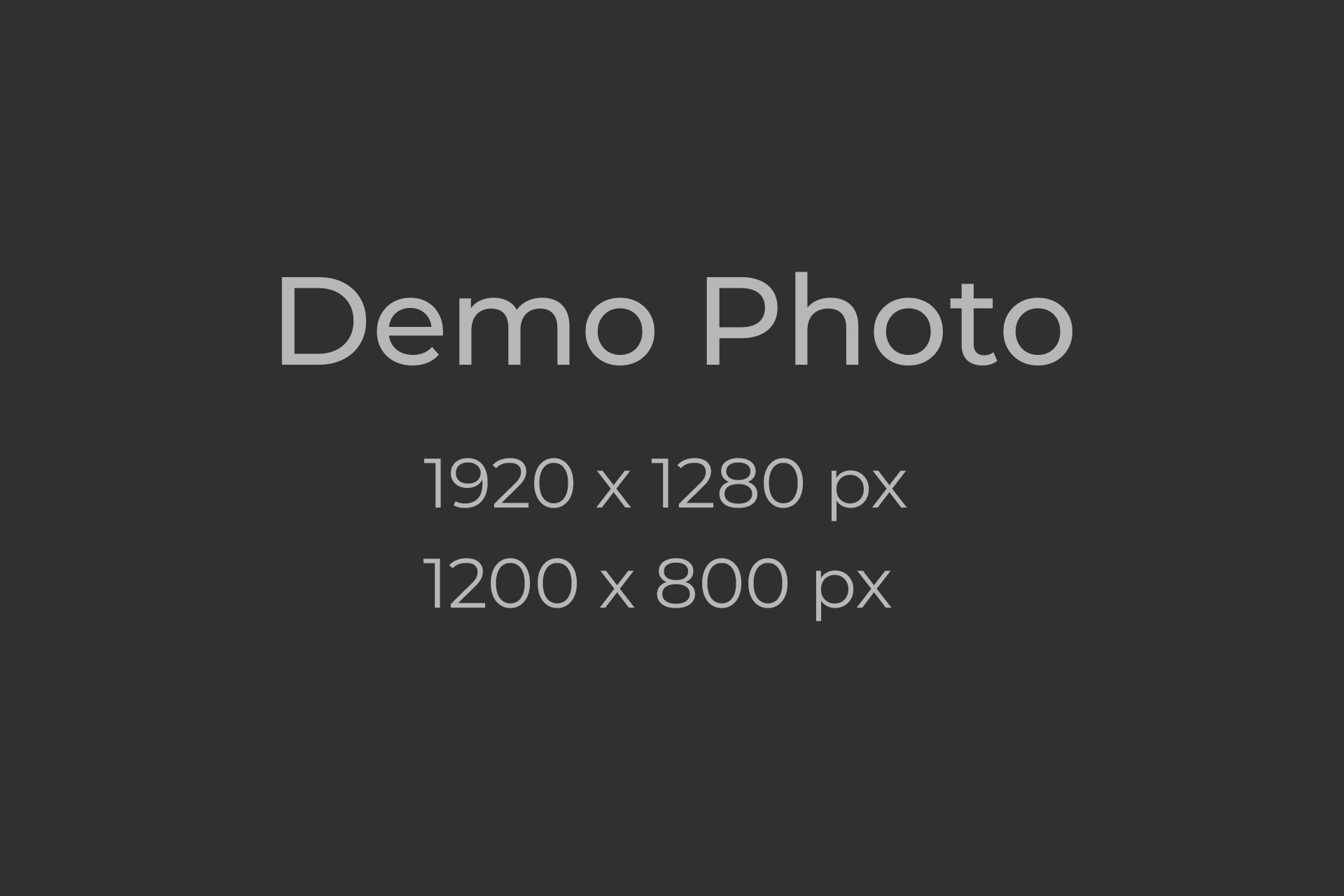

Hua Chiew Hospital, a social enterprise, operates as a comprehensive medical facility, providing general and specialized healthcare services across all medical disciplines (Tertiary care hospital). Our pivotal policy emphasizes reasonable and justifiable service rates.
Hua Chiew Hospital, a social enterprise, operates as a comprehensive medical facility, providing general and specialized healthcare services across all medical disciplines (Tertiary care hospital). Our pivotal policy emphasizes reasonable and justifiable service rates.
provides comprehensive diagnostic, therapeutic, and surgical services for various eye conditions, including but not limited to conjunctivitis, cataracts, glaucoma, dry eye syndrome, optic nerve disorders, and abnormalities of the eye’s structures and muscles. Our team of specialized ophthalmologists, proficient in diverse subspecialties, employs state-of-the-art diagnostic equipment and cutting-edge surgical techniques. Supported by a dedicated nursing team, we aim to be a patient-centric hub, enhancing visual outcomes and improving overall quality of life.
Our surgical interventions, particularly for cataract surgery, incorporate innovative technologies to address issues such as nearsightedness, farsightedness, and astigmatism. We present advanced surgical approaches that utilize modern technology to optimize outcomes.
In addition to surgical interventions, we conduct pre-operative eye measurements using sophisticated instruments to confirm results and ensure each patient receives the most suitable lens, promoting clear and precise vision. At the Eye Center, we are committed to providing high-quality eye care, combining expertise, advanced technology, and patient-centered care to achieve optimal visual health and an enhanced quality of life for our patients.



The treatment of vitreous eye conditions varies depending on the specific issues encountered. Ophthalmologists consider various surgical approaches, and one such method is the use of 25 Gauge Vitrectomy Eye Surgery. This technique is employed for addressing nerve-related eye diseases such as retinal detachment, diabetic eye complications, and bleeding within the vitreous which is the jelly-like substance in the eye.
During this procedure, the ophthalmologist performs surgery through a small 25-gauge needle, comparable in size to a vaccination needle, entering the white part of the eye. The advantage of this surgical technique is that the incisions are small, promoting quicker visual recovery for patients without the need for stitches. Patients can regain full visual functionality promptly and experience minimal discomfort.
Regardless of the specific nerve-related eye condition, if patients notice symptoms like blurred vision, seeing dark spots, unclear central vision, or any other visual abnormalities, it is crucial to consult with an ophthalmologist promptly. Delaying or incorrect treatment may have long-term consequences on vision.
เลขที่ 665 ถ.บำรุงเมือง แขวงคลองมหานาค เขตป้อมปราบฯ กรุงเทพฯ 10100
2023 : All rights reserved. Hua Chiew Hospital